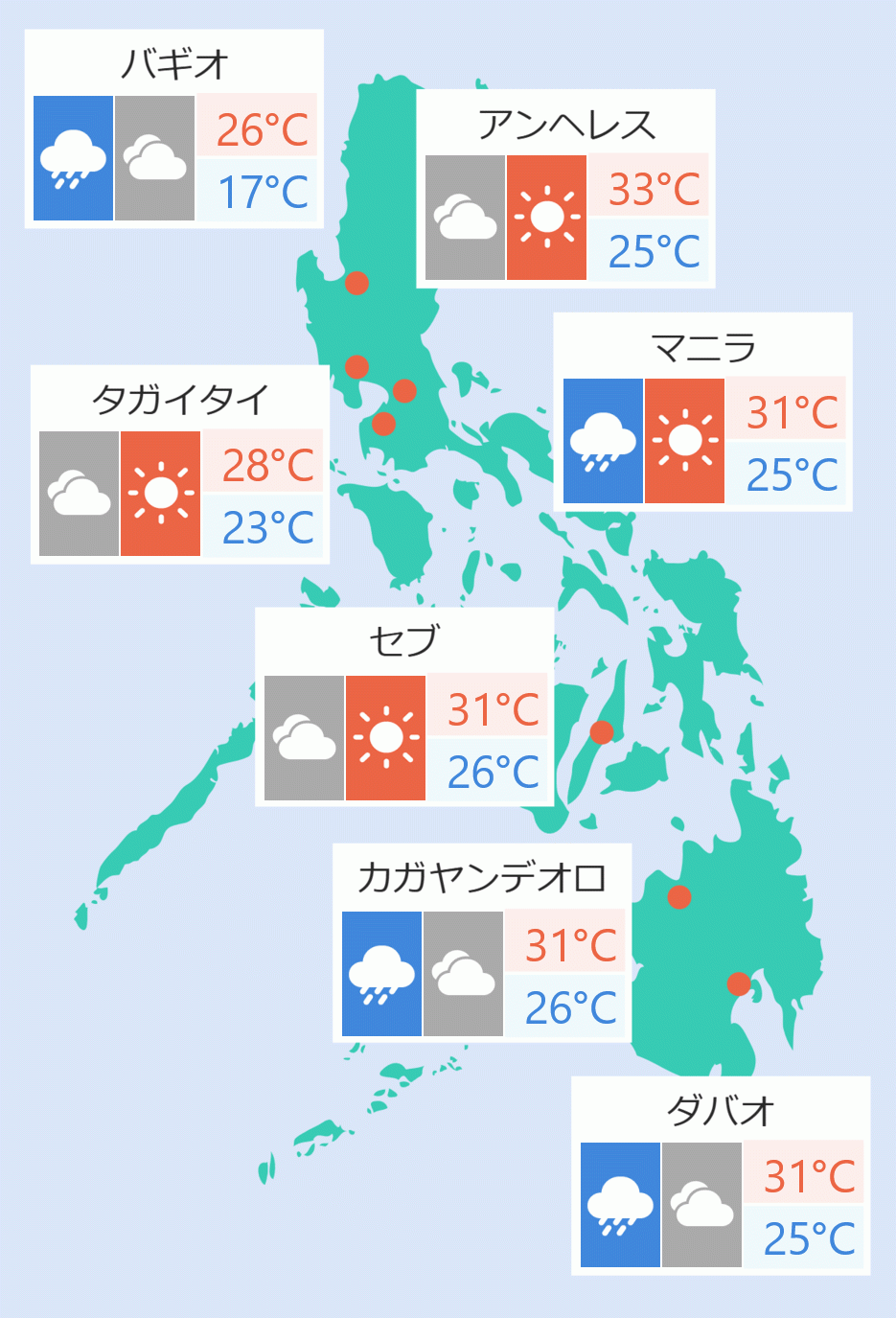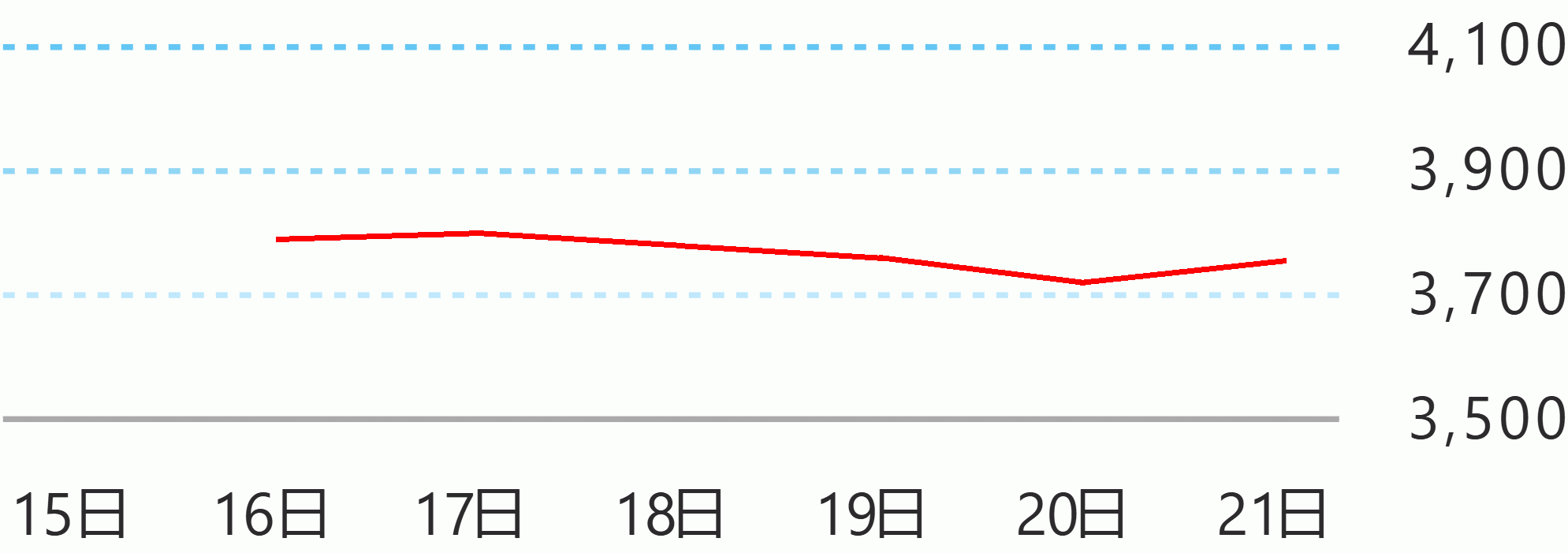The president of the League of Provinces of the Philippines ( LPP) on Tuesday said they are appealing to the government to defer opening of classes to October.
In a radio interview, LPP president and Marindque Gov. Presbitero Velasco Jr said while face-to-face learning is the best education system, leaders in the provinces are still afraid on the possible threat of coronavirus disease (COVID-19), especially as more locally stranded individuals and overseas Filipino workers (OFWs) are going home.
“We know that face to face instruction is the best teacher but our position is to defer the August 24 (school) opening because distance or online system is not possible as some provinces have unstable or no connectivity of internet,” Velasco said.
“We are still afraid due to the volume of LSIs and OFWs going home… there are a lot of positive (cases) so in regards to the opening we want to defer it,” he added.
Velasco said the signing of Republic Act No. 11480, otherwise known as "An Act to Lengthen the School Calendar from 200 Days to Not More Than 220 Class Days” is timely.
“The president (Rodrigo Duterte) can defer or adjust the opening of school year since we are still under state of calamity and emergency. Our proposal is to move it to October so that LGUs (local government units) can prepare, also the parents and students,” Velasco said.
But Velasco said it may still change depending on the country’s situation.
“Face to face (classes) is still risky to students. We now require physical distancing but the grade school students are playful so they will still gather,” he said.
“August is rainy season that’s why we oppose the opening of classes on August 24,” he said.
Velasco said even Duterte wants classes to resume next year due to the pandemic.
He believed Duterte will agree to their proposal.
“I think so because he said before he will not open classes until there is no vaccine that’s why I feel the president is right… he only cares for the welfare of the children… they can easily get infected,” Velasco said.
Velasco said cities and municipalities who can accommodate online learning should push for it.
“If the student can go online, they should but it’s hard to monitor it so they should be check every now and then if they are really studying at home,” Velasco said.
“It’s really hard to check online classes,” he added.
Duterte has approved the limited face-to-face classes in areas with low cases of coronavirus disease after the proposal of Department of Education, through Secretary Leonor Briones, following the request of some LGUs and international schools. Ella Dionisio/DMS





 English
English









